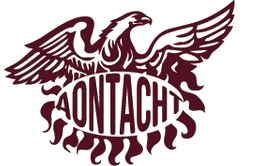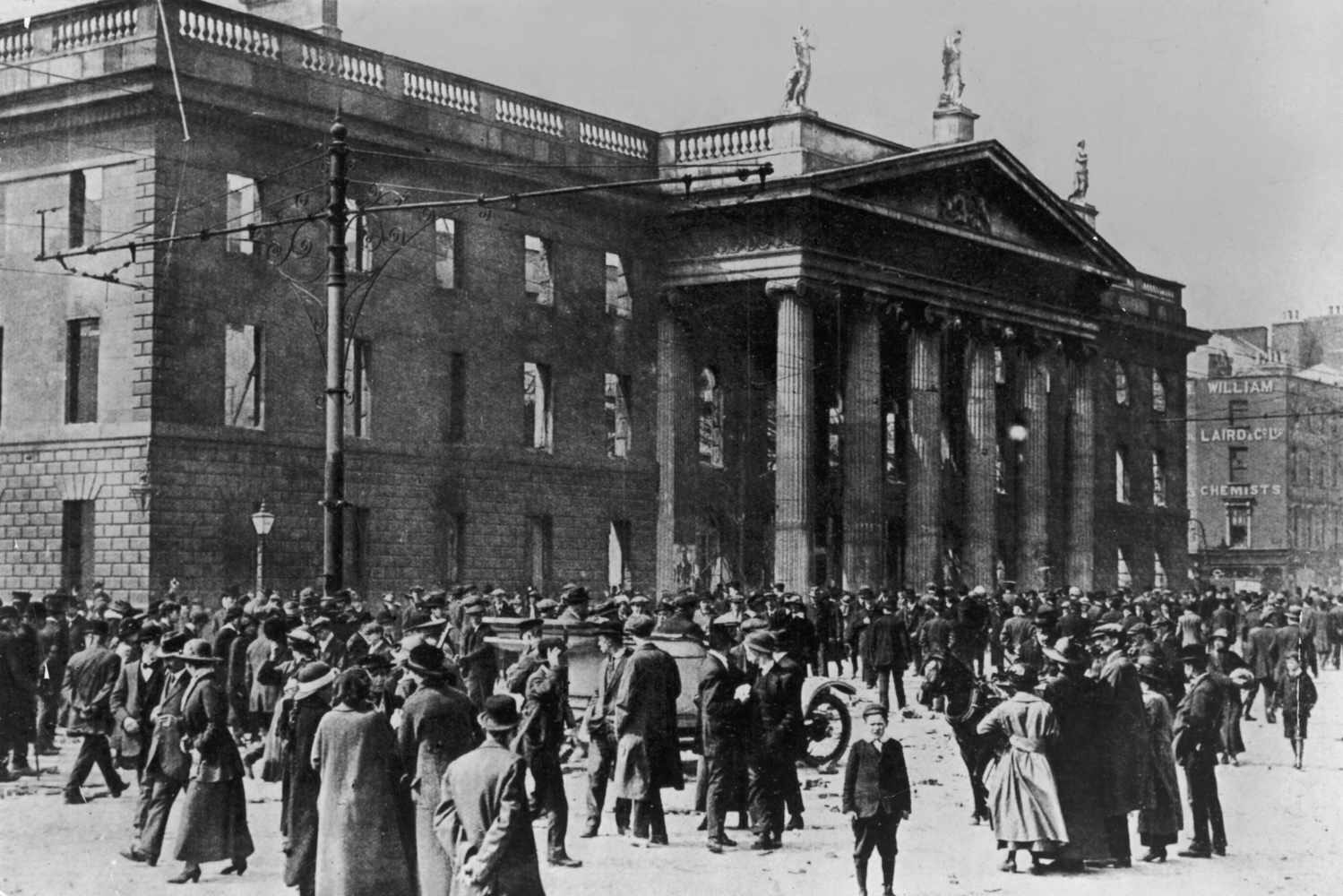James Falconer on the Butcher’s Apron, originally posted here – http://jimmyfalc.wordpress.com/2013/05/15/the-union-jack-is-everywhere/
If one were to travel extensively one would see the British flag on many different objects throughout the world. These range from items of clothing, phone covers, wallets, bed sheets, bags/suitcases, mugs, umbrellas, food items, corporate TV stations etc. Is this flag simply fashionable or is there more to it.
The common belief is that Britain once had an extensive colonial empire, and there used to be a saying that “The sun never sets on the British Empire.” They had [still have] major interests around the entire world; the British had a mandate to “Make the World British.” Many historians maintain that the Suez Crisis of 1956 saw the end of the British Empire. It appeared that with the rise of “superpowers”, the old imperial empires began to decline as they lacked the man power to continue to subjugate other countries. The Suez war proved that the British ruling class found it very difficult to suffer defeat and see their interests diminish.
What exactly does the Union Jack represent? Considering the upcoming and much debated Scottish referendum for independence, it seems ironic that it was King James VI of Scotland, subsequently King of England (King James I), who decided that the union of the two realms under one king should be represented symbolically by a new flag. Many Scots want to break the union and if this becomes a reality, the blue colour will be taken out of the Union Jack. Originally known as ‘the Union Flag’, it was usually restricted to use at sea. However, when the two kingdoms of Scotland and England were united in 1707 it was from this use at sea that it got the name “jack”. It was flown at the bow end of the ship – the jack staff. The Union Jack represents the union between England, Scotland and subsequently, Ireland. Incidentally, in 1801, after the Union with Ireland [which was, for the most part, broken in 1922], King George III added the cross of St Patrick to the Union Jack which remains today. Upon the establishment of the Irish Free State in 1922 no alteration was made to the Union Jack. There is no Welsh symbol as Wales was already annexed by the English prior to the creation of the flag. The name Union Jack became official when it was approved in Parliament in 1908. It was stated that “the Union Jack should be regarded as the National flag.”
In popular culture the Union Jack initially became an iconic symbol with rock band, The Who. This was during the Mods v Rockers craze in Britain in the 1960s; the Rockers considered Mods to be weak, feminine snobs, and Mods typically saw Rockers as rough, alien and scruffy. The Rocker subculture was centred on motorcycling, and their appearance reflected that – Rockers generally wore black leather jackets and motorcycle boots. The Mod subculture was focused on fashion and style. Mods wore suits and other clean-cut outfits. They preferred music genres such as soul, rhythm and blues and many Mods rode scooters. The Union Jack certainly became a fashionable symbol at this time.
Today, it seems that the flag is more fashionable than ever. But, is it simple fashion that is driving this phenomenon? The Union Jack is displayed on a wide range of clothing, merchandise and accessories. I first became aware of this new ubiquitousness while traveling around Europe extensively over the past few years. I questioned some people who were wearing this flag and I got similar responses “oh I like the colours […] it’s just fashion”. The colours may be appealing to some, but the fact is that the Union Jack is a symbol of colonialism, imperialism, slavery and bloodshed.
To the majority of those colonised the Union Jack is commonly known as the “Butchers Apron”. Britain colonised over 57 countries with often brutal and violent force. This mostly took place in the 16th and 17th centuries. None of these countries requested to be invaded and conquered by a foreign power. They commonly reacted with bloody and intense insurgency in an attempt to drive the British out and regain their independence and original way of life. Britain boasted that the sun never set on the British Empire; however, Professor of History at Bath Spa University in England, John Newsinger gives an additional assertion “The sun never set and the blood of innocents never dried.” After throwing off the shackles of British rule, the vast majority of these countries became part of the British Commonwealth – an intergovernmental organisation of 54 independent member states, all but two of which were formerly part of the British Empire – a great wealth flows back to London.
We are led to believe that the Commonwealth brought peace and equality to these nations. This couldn’t be further from the truth. The “wealth” was only made “common” to the rich and all that changed for the working classes of these countries was the colour of the flags that fly above them and the accents of their superiors. In the late 19th century, Irish socialist-revolutionary James Connolly believed that “If you remove the English army tomorrow and hoist the green flag over Dublin Castle, unless you set about the organisation of the Socialist Republic your efforts would be in vain. England would still rule you. She would rule you through her capitalists, through her landlords, through her financiers, through the whole array of commercial and individualist institutions she has planted.” How succinct a description of British imperialism this is.
Throughout history the British have invaded almost 90 per cent of the countries around the globe. However, we can think of recent military adventures in Iraq (oil) and Afghanistan (opium). In the wake of the 2001 US bombing of Afghanistan, the British government of Tony Blair was entrusted by the G-8 Group of leading industrial nations to carry out a drug eradication program, which would, in theory, allow Afghan farmers to switch out of poppy cultivation into alternative crops. The British were working out of Kabul in close liaison with the United States DEA’s “Operation Containment”. The British sponsored crop eradication program is an obvious smokescreen. Since October 2001, Afghan opium poppy cultivation has skyrocketed. The presence of occupation forces in Afghanistan did not result in the eradication of poppy cultivation – quite the contrary. Heroin is a multibillion dollar business supported by powerful interests, which requires a steady and secure commodity flow. The manufacture of consent for such imperial agendas is orchestrated via the mass media and consumer marketing which endeavours in branding the Union Jack as something to be celebrated – it is not.
Slavery is a system under which people are treated as property to be bought and sold, and are forced to work. The first European nation to engage in the Transatlantic Slave Trade was Portugal in the mid to late 1400′s; however, by the time the British became involved in the Slave Trade they undeniably dominated it for over 250 years. The Union Jack flew on British vessels which despatched about 10,000 voyages to Africa for slaves, with merchants in other parts of the British Empire perhaps fitting out a further 1,150 voyages. Historian, Professor David Richardson, has calculated that British ships carried 3.4 million or more enslaved Africans to the Americas. The money made on the Transatlantic Slave Trade triangle was incalculable and poured into Britain transforming their landscape forever – the Industrial Revolution. In Britain, those who had made much of their wealth from the trade built fine mansions and established banks such as the Bank of England – you couldn’t make it up!
By labelling the Union Jack on a wide variety of consumer goods, almost unbeknownst to them, people are advertising and advocating a British agenda. It appears that a major objective is that we’ll become so familiar [see Freud’s theory of the subconscious] with this flag that we’ll see little wrong with the actions of those in power; they’re the good guys, the liberators. It’s a great trick, pretend to be a saviour when in reality you are an outright tyrant. Don’t be duped, the sun hasn’t set on the British Empire. If you or your friends are wearing the Butcher’s Apron, pose this simple question, ‘why’?


